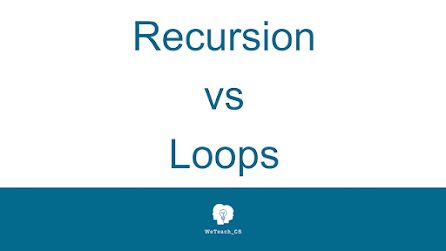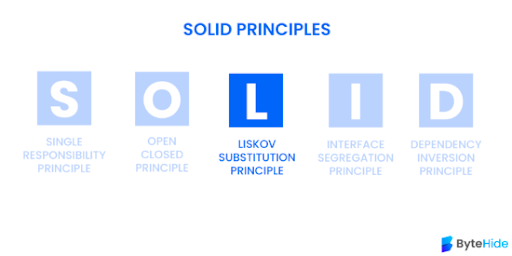Recursion vs. Loop: Unraveling the Mysteries of Iterative Techniques

Introduction: In the programming world, mastering different techniques for iterating over data is essential for creating efficient and elegant code. Two popular methods for performing repetitive tasks are recursion and loops. While both serve the same purpose of repetition, they have distinct approaches, advantages, and disadvantages. In this blog post, we'll delve into the captivating world of recursion and loops, exploring their differences, use cases, and the factors to consider when choosing the right approach. Understanding Recursion : Recursion is a powerful concept involving a function repeatedly calling itself to solve a problem. This technique is widely used in various algorithms, data structures, and mathematical calculations. The beauty of recursion lies in its simplicity and elegance, as it can often lead to concise code. However, it demands careful consideration to avoid infinite loops and excessive memory usage. Pros of Recursion: It simplifies complex problems and p

